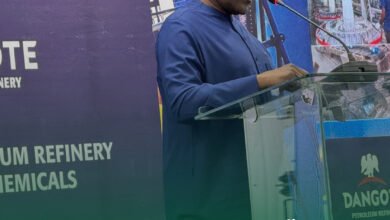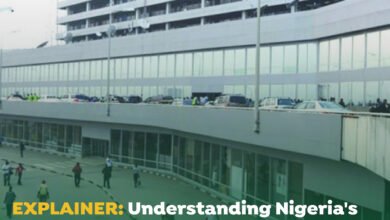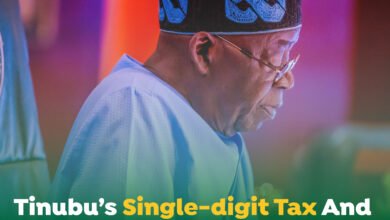
For decades, the sites of Nigeria’s solid mineral were a chaotic battlefield. The rush for gold, in particular, fueled sweltering conflicts that left limbs cut off and lives snuffed out. Whether in the blistering heat of Zamfara or the restive enclave of Osun, the crises are the same: miners fighting dirty over solid minerals that should ordinarily be under the government’s close watch.
Taken together, a raft of ineffective legislation and weak enforcement robbed the country of the gold cash, with foreign miners and their local collaborators now reaping staggering financial rewards from illegal mining. A glimmer of hope has now descended on the country’s gold reserves as the minister of solid minerals, Dele Alake, revealed that the government has added $5 million to its foreign reserves through gold sales while unveiling the National Gold Purchase Programme (NGPP) at the Presidential villa.
During a visit to President Bola Tinubu, the minister made the announcement and presented the latest gold bars, purportedly sourced from artisanal and small gold miners and refined by an agency of the Solid Minerals Development Fund. “I am pleased to report that the National Gold Purchase Programme, which aims to increase our country’s reserves and boost the value of the naira, is making significant progress,” the minister shared via his verified X handle. The minister added that the agency of the ministry, SMDF, had met the London Bullion Market Association Good Delivery Standard, adding that the gold will soon be sold to the Central Bank of Nigeria to strengthen the country’s foreign reserves.
‘mad rush for gold’
An investigation by the Premium Times linked banditry and other forms of criminality to illegal mining operations in the country’s northwest. The report chronicled the atrocities committed by bandit kingpin, Halilu Sububu, whose menacing operations have disrupted socio-economic activities in the region.
The report noted that the rush for gold, among other mineral resources, has fueled large-scale attacks in the region, leaving hundreds of thousands of people dead and livelihoods wiped out. Mr. Dele Alake also echoed a similar claim months after he assumed office, alleging that influential Nigerians are involved in illegal mining and that they are responsible for other criminal activities and the sponsorship of banditry and terrorism in the country.
‘Naija Gold Net Worth’
The World Gold Council (WGC), in its report, says Nigeria’s gold reserves remained unchanged at 21.37 tonnes in the fourth quarter of 2023 from 21.37 tonnes in the third quarter of 2023. The council further noted that Nigeria’s gold reserves averaged 21.37 tonnes from 2000 until 2023, reaching an all-time high of 21.46 tonnes in the fourth quarter of 2020 and a record low of 21.27 tonnes in the second quarter of 2000.
“Nigeria’s over 200 million ounces of gold reserves could potentially contribute about $500 million annually to the nation’s foreign reserves while also creating about 250,000 jobs”, experts posited. The administration of former President Muhammadu Buhari for instance, initiated the Presidential Artisanal Gold Mining Development Initiative (PAGMDI) in 2020.
Analysts posited that tackling the various challenges in the solid minerals industry requires sector-wide, holistic, collective, and multi-prong approaches; adding that minister Dele Alake bold reforms particularly with the passage of the gold reserves bill for the second reading by the house of representatives, the carving out of mining marshal corps from the NSCDC that will protect mining sites from illegal miners among others are considered long term efforts that will address critical issues in the sector.





